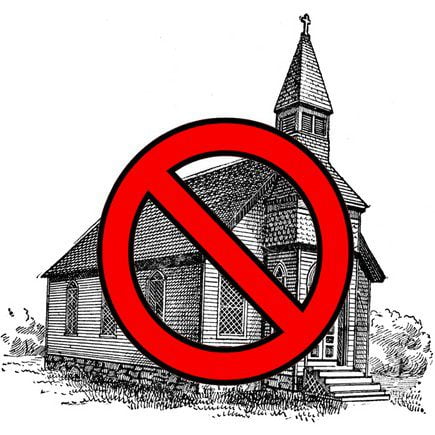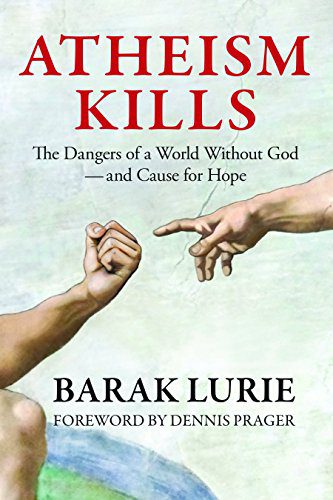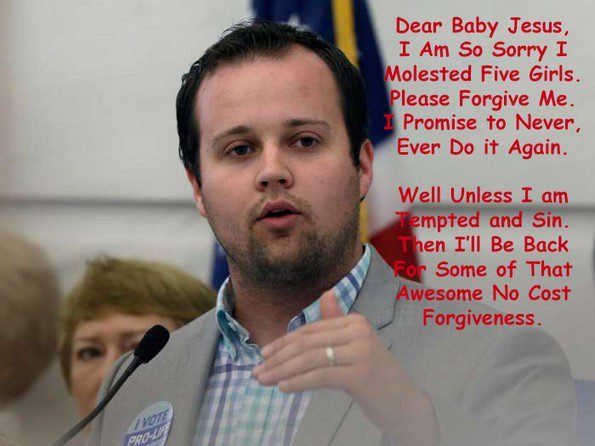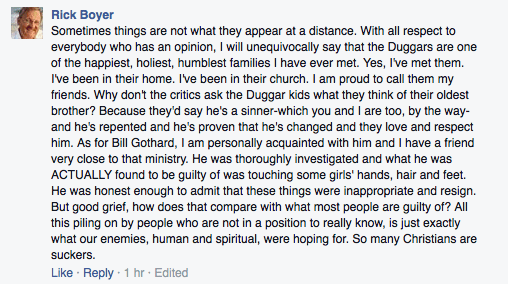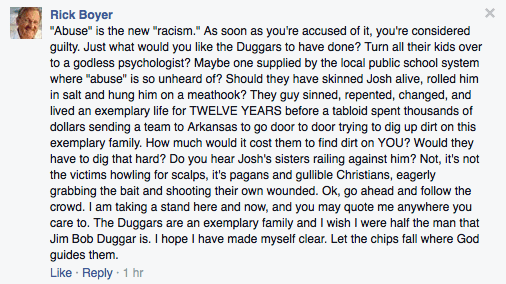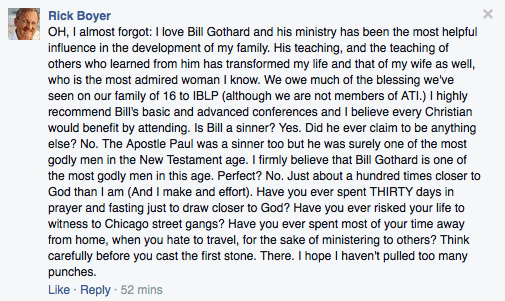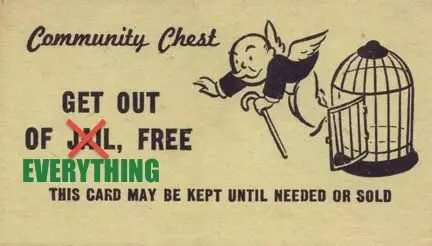
To properly understand the Independent Fundamentalist Baptist (IFB) church movement, you must first understand the IFB concept of camps. In the IFB, a camp is the tribe to which you belong. It is a membership group that is defined by such things as what Bible version is considered the “true” Word of God, what college the pastor attended, approval or disapproval of Calvinism, open or closed communion, or ecclesiastical, personal, and secondary separation. Many IFB camps will have multiple “positions” that define their group, and admission to the group is dependent on fidelity to these positions. Many pastors and churches belong to more than one camp.
IFB churches, colleges, parachurch organizations, evangelists, missionaries, and pastors are quick to state that they are totally independent of any authority or control but God. Much like the Churches of Christ, the IFB church movement is anti-denomination and any suggestion that they are a denomination brings outrage and denunciation.
The IFB church movement found its footing as a reaction to the perceived liberalism in denominations such as the Southern Baptist Convention and the American Baptist Convention. In the 1970s and early 1980s, I heard IFB luminaries such as Jack Hyles go on preaching tirades against the Southern Baptist Convention. Hyles would run down a list of the top 100 churches in America, attendance-wise, and proudly remind people that the list contained only a handful of Southern Baptist churches. Hyles made it clear that the attendance numbers were proof that God was blessing the IFB church movement. Hyles, along with other noted IFB preachers, encouraged young pastors to either infiltrate Southern Baptist churches and pull them out of the Convention or start new independent churches.
It should come as no surprise, then, that many local Southern Baptist churches, under the direction of their area missionaries, would not accept resumes from men trained in IFB colleges when there was a pulpit vacancy. They rightly feared that if they hired an IFB-trained man, he might try to pull their churches out of the Convention. This was not paranoid thinking. Almost every IFB pastor who came of age in the 1960s-1980s heard sermons or classes on how to infiltrate a denominational church and change it or take it over. Pastors were schooled in things such as diluting the power base. They were told that one of the first things they should do as a new pastor is determine who the power brokers were. Could they be brought over to the pastor’s way of thinking? If so, he should befriend them. If not, he should work to marginalize their power by adding pastor-friendly men to church boards and by flooding the church membership with new converts. The goal was to further cripple denominations such as the Southern Baptist Convention and to establish IFB churches in every community in the United States.
For decades, this plan worked and countless churches abandoned their denominational affiliations and became IFB churches. Added to this number were thousands of new IFB churches that were planted all over the United States. The IFB church movement, as a collective whole, was a religious force to be reckoned with. Their rape-and-pillage policy left carnage and destruction in its wake, not unlike the Charismatic movement during the same time period.
Despite taking over countless churches, starting new churches, establishing colleges, and sending missionaries across the globe, the IFB church movement could not maintain its meteoric growth. Over time, internal squabbles, scandal, doctrinal extremism, worship of personalities, charges of cultism, and a changing culture eroded what had been built.
IFB pastors were quite proud of the fact that many of the largest churches in America were King James-loving, old-fashioned, fire-and-brimstone preaching IFB churches. Today, there is only one IFB church on the Top 100 list — First Baptist Church of Hammond.
Outside of Jerry Falwell’s church, Thomas Road Baptist Church in Lynchburg, Virginia — now a Southern Baptist congregation — none of the IFB churches on the Top 100 list in 1972 have as many people attending their churches today as they did in 1972. Some, such as Emmanuel Baptist Church in Pontiac, Michigan — the church I attended while in college — and the Indianapolis Baptist Temple, have closed their doors. Others, such as the Canton Baptist Temple, Akron Baptist Temple, Landmark Baptist Temple in Cincinnati, Ohio, Highland Park Baptist Church in Chattanooga, Tennessee, and Trinity Baptist Church in Jacksonville, Florida are mere shadows of what they once were.
In 2008, only one IFB church was on the Top 100 Churches list: First Baptist Church in Hammond, Indiana. They were listed as the 19th largest church in the United States, with a weekly attendance of 13,678. This attendance number is less than their average attendance number in 1976. Outreach Magazine lists NO IFB churches on their 2017 Top 100 Churches list. This does not necessarily mean that there are no IFB churches that are large enough to make the list. I suspect many of the larger IFB churches have stopped bragging about their attendance numbers or they don’t want to be grouped together with churches they consider “liberal.”
Most of the IFB colleges that saw meteoric growth during the 1960s-1980s, now face static or declining enrollment numbers. Some have even closed their doors. Publications such as the Sword of the Lord, the IFB newspaper started by John R Rice, have lost thousands of subscribers. Everywhere one looks, the signs of decay and death are readily evident. A movement that once proudly crowed of its numerical significance has, in three generations, become little more than an insignificant footnote in U.S. religious history. While millions of people still attend IFB or IFB-like churches, their numbers continue to decline and there is nothing that suggests this decline will stop.
Many current IFB leaders live in denial about the true state of the IFB church movement. They now convince themselves that the numeric decline is due to their unflinching, uncompromising beliefs and preaching. Upton Sinclair wrote:
It is difficult to get a man to understand something when his salary depends upon his not understanding it.
I think this aptly describes what is going on among the leaders of the IFB church movement. Their continued power, control, and economic gain depend on them maintaining the illusion that the IFB church movement is healthy and still blessed by God. However, the facts on the ground clearly show that the IFB church movement is on life support and there is little chance that it will survive. Those who survive will liberalize, change their name, and try to forget their IFB past.
Every IFB church, pastor, and college has what I call a camp identity. While they claim to be Big I Independent, their identity is closely connected to the people, groups, and institutions they associate with.
Some IFB churches and pastors group around colleges such as Bob Jones University, Pensacola Christian College, Cedarville University, Baptist Bible College, The Crown College, Maranatha Baptist University, Texas Independent Baptist Seminary, West Coast Baptist College, Massillon Baptist College, or Hyles Anderson College. Others group around specific doctrinal beliefs, as do Sovereign Grace Baptists, Association of Reformed Baptist Churches in America, or the Fellowship of Independent Reformed Evangelical Churches. Some, such as Missionary Baptists and Landmark Baptists group around certain ecclesiastical beliefs. Still others group around missionary endeavors. There are also countless churches that are IFB churches — churches such as John MacArthur’s Grace Community Church — but refuse to claim the IFB moniker. The Bible church movement, IFB in every way but the name, has fellowship groups such as The Independent Fundamental Churches of America.
Some of these groups will likely object to being considered the same as other IFB groups. Reformed and Sovereign Grace Baptists will most certainly resent being talked about in the same discussion as the Sword of the Lord and Jack Hyles. But many Reformed and Sovereign Grace Baptist pastors come from an IFB church background. While certain aspects of their theology might have changed, much of the IFB methodology and thinking remains. Some of the most arrogant, mean-spirited pastors I ever met were Sovereign Grace or Reformed Baptist pastors. They may have been five-point Calvinists, but they were in every other way Independent Fundamentalist Baptists.
Most people don’t know that groups such as the Southern Baptist Convention and the General Association of Regular Baptist Churches are really fellowship groups of like-minded pastors and churches. While they have many of the hallmarks of a denomination, their churches and pastors remain, for the most part, independent, under no authority but the local church (and God).
IFB churches and pastors trumpet their independent nature and, as their history has clearly shown, this independence has resulted in horrible abuse and scandal. But, despite their claim of independence, IFB churches and pastors are quite denominational and territorial. They tend to group together in their various camps, only supporting churches, colleges, pastors, evangelists, and missionaries, that are in their respective camps.
In 1983, I started the Somerset Baptist Church in Mount Perry, Ohio. I contacted Gene Milioni, the pastor of Trinity Baptist Church — the church where I was saved and called to preach — and asked him about the church supporting us financially. Milioni asked me if I was going to become a part of the Ohio Baptist Bible Fellowship. He wanted to know if the church was going to be a BBF church. I told him no, and he told me that I could expect no support from Trinity unless I was willing to be a BBF pastor. I ran into similar problems with other pastors who demanded I be part of their camp in order to receive help.
Only one church financially supported me: First Baptist Church in Dresden, Ohio. First Baptist, pastored by Midwestern Baptist College grad Mark Kruchkow, sent me $50 a month for a year or so. Every other dime of startup money came from my own pocket or the pockets of family members. I learned right away what it meant to be a true Independent Fundamentalist Baptist.
Over the years, I floated in and out of various IFB camps. I attended Ohio Baptist Bible Fellowship meetings, Midwestern Baptist College meetings, Massillon Baptist College meetings, Sword of the Lord conferences, Bill Rice Ranch rallies, and the Buckeye Independent Baptist Fellowship. For a few years, I attended a gathering of Calvinistic Baptist pastors called the Pastor’s Clinic in Mansfield Ohio. When I pastored in Texas, I fellowshipped with like-minded Sovereign Grace Baptist pastors.
Every group demanded something from me, be it money, commitment, or fidelity to certain beliefs. If I were to be part of the group, I was expected to support the colleges, churches, pastors, evangelists, and missionaries the group approved of. Stepping beyond these approved entities brought disapproval, distance, and censure.
The next time an IFB church member or pastor tries to tell you he is an INDEPENDENT Baptist, I hope you will remember this post. Take a look at the colleges, missionaries, churches, and pastors, the IFB church member or pastor supports. It won’t take you long to figure out what camp they are in, and once you figure out what camp they are in, you will know what they believe and what they consider important. The old adage, birds of a feather flock together, is certainly true when it comes to the Independent Fundamentalist Baptist church movement.
Bruce Gerencser, 68, lives in rural Northwest Ohio with his wife of 47 years. He and his wife have six grown children and sixteen grandchildren. Bruce pastored Evangelical churches for twenty-five years in Ohio, Texas, and Michigan. Bruce left the ministry in 2005, and in 2008 he left Christianity. Bruce is now a humanist and an atheist.
Your comments are welcome and appreciated. All first-time comments are moderated. Please read the commenting rules before commenting.
You can email Bruce via the Contact Form.





